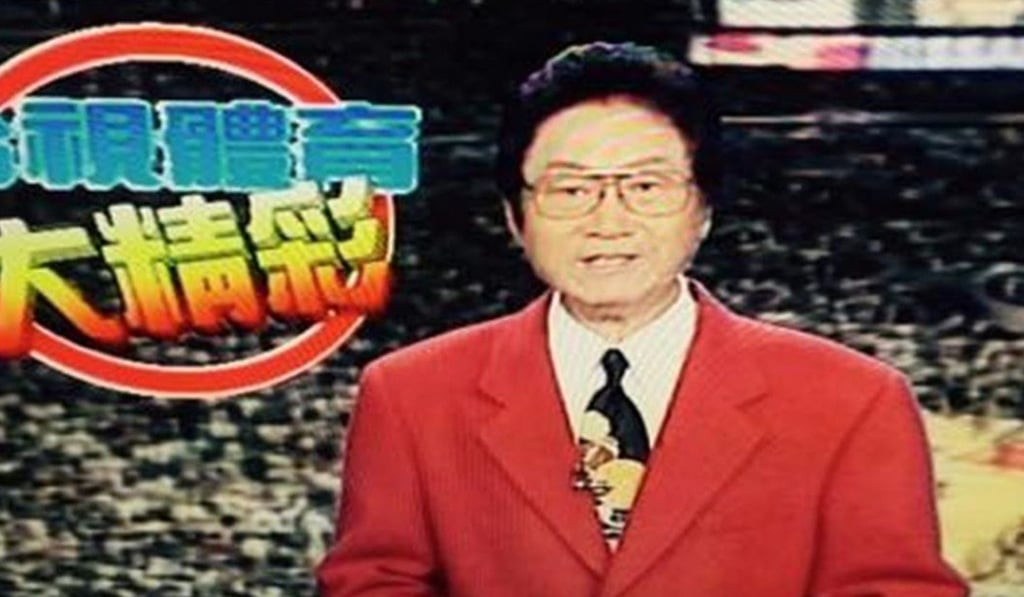‘Farewell, so long’: video of Taiwanese TV host’s assisted suicide fires up euthanasia debate
- Video of Fu Da-ren’s last moments brings public face-to-face with the question he asked after his diagnosis with pancreatic cancer

A video of Taiwanese TV host Fu Da-ren’s death by assisted suicide at a clinic in Switzerland has gone viral, raising the profile of the debate on euthanasia in China and questions about dignity at life’s end.
Broadcaster and sports journalist Fu had pancreatic cancer and became a vocal supporter of euthanasia. He and his family flew to Zurich in May 2018 and he died there on June 7 at the age of 86.

In the video, which became public on Taiwanese media this week, Fu, surrounded by his family, is seen holding a cup of medicine. A volunteer with Dignitas, an organisation that enables assisted suicides, tells him to take the drug as quickly as he can because it has a bitter taste.
Fu asks: “Can I do it in one take?” The volunteer says he can take it in two or three sips and that, afterwards, he should exhale.